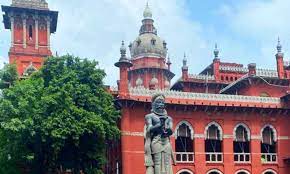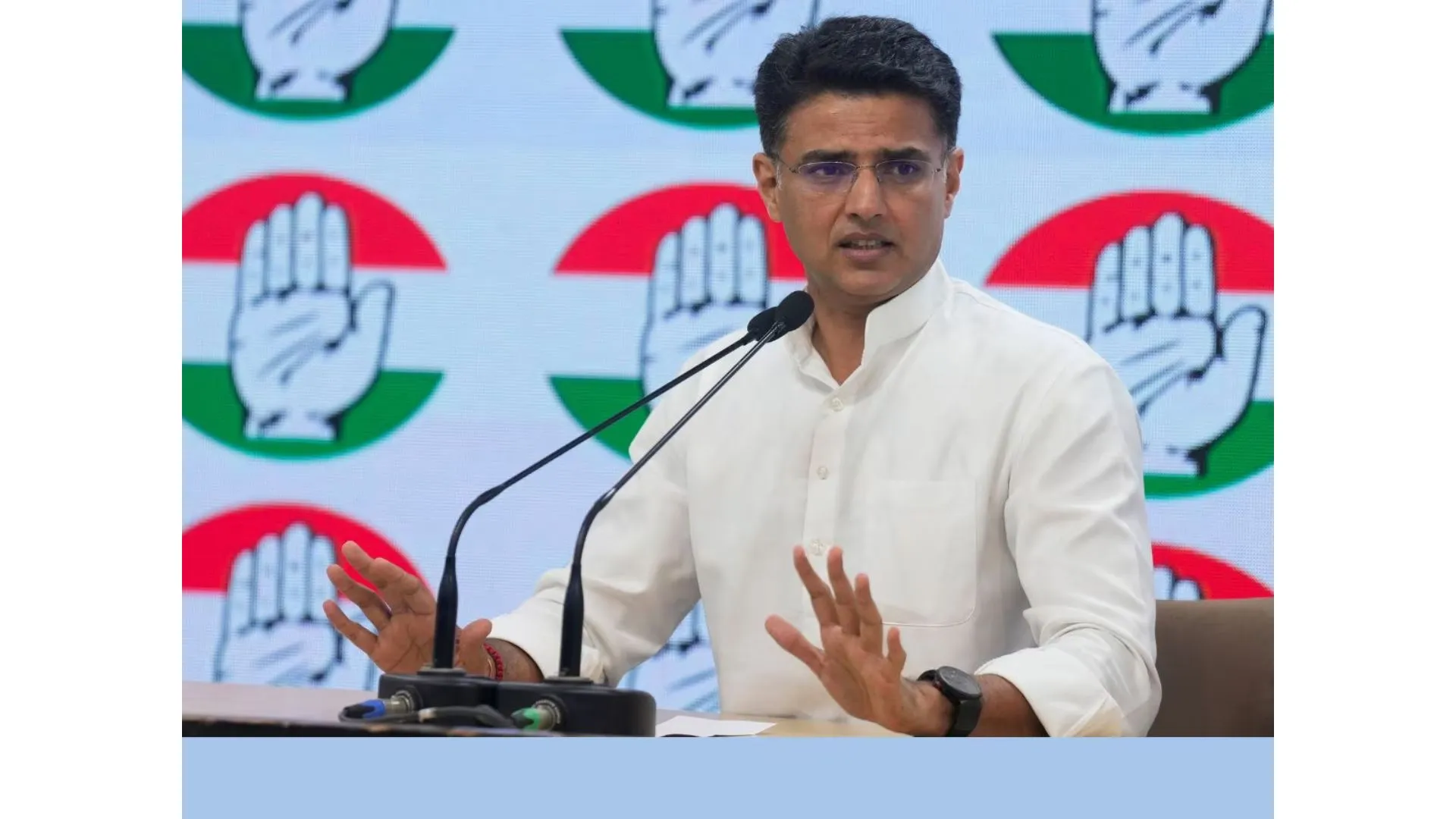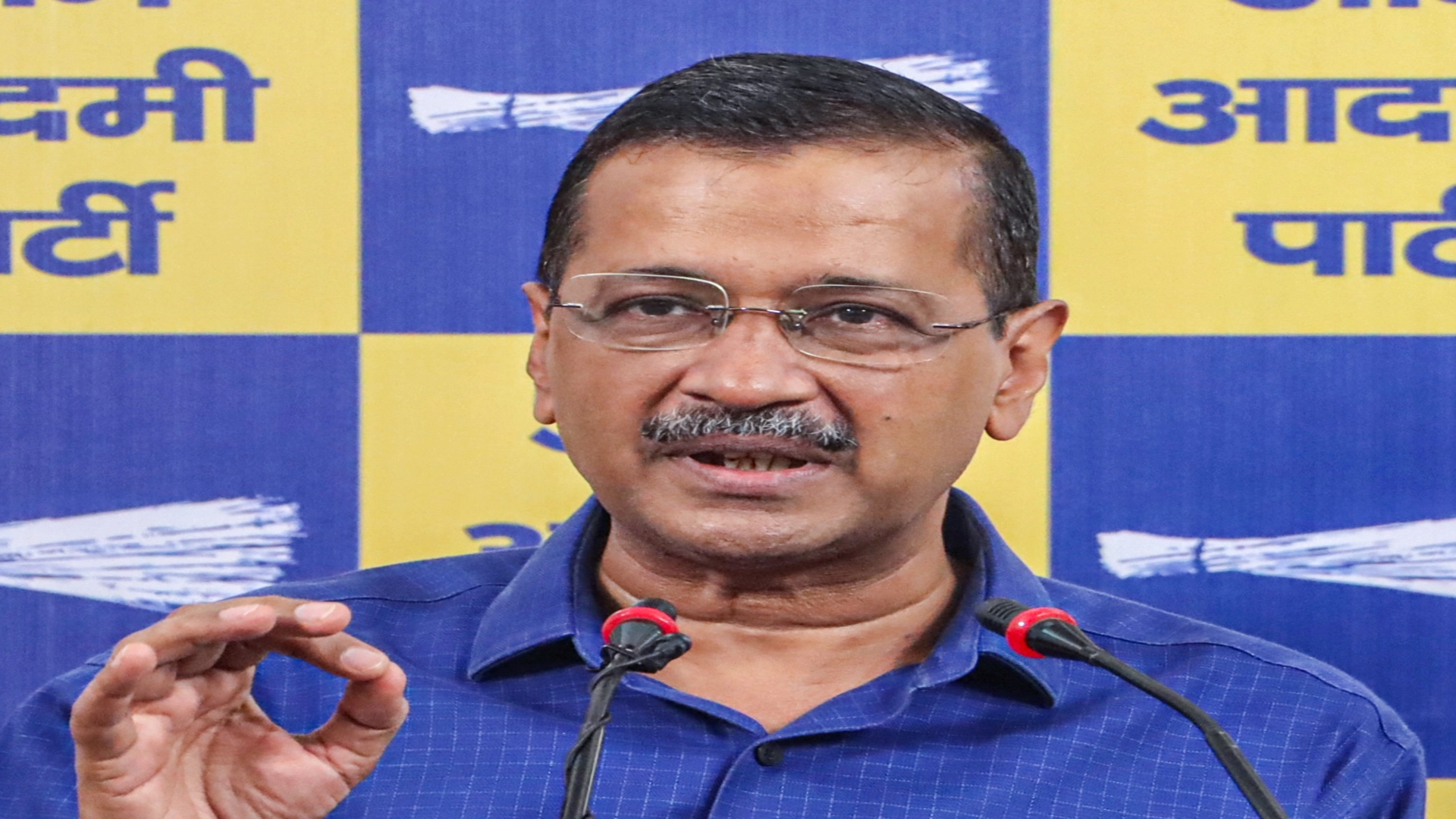The Allahabad High Court in the case Atikur Rehman vs. State of UP observed and has granted bail to the accused Atikur Rehman (also spelled as Atiq-Ur-Rehman) in the ‘Hathras Conspiracy’ case, who was being arrested in October 2020 along with journalist Siddique Kappan and two others on their way to Hathras to meet the family members of a gang rape and the murder victim.
The bench comprising of Justice Attau Rahman Masoodi and Justice Renu Agarwal in the case observed that Rehman has been in jail for the last over 2 years and that the co-accused in the matter, Siddique Kappan and Mohammad Alam have already been granted bail by the High Court.
The court noted that Rehman would continue to remain in jail due to the pendency of a Prevention of Money Laundering Act case against him.
Therefore, Rehman was held by UP Police on his way to Hathras along with the Kerala journalist (Siddique Kappan) and 2 others while they were going to meet the family members of the murder victim and the gang rape.
The court observed that after being held by the UP Police, Rehman was slapped with Sections 17 and 18 of the Unlawful Activities (Prevention) Act (UAPA), Sedition (section 124-A Indian Penal Code, 1860), Promoting enmity between different groups on grounds of religion (section 153-A of Indian Penal Code), deliberate and malicious acts intended to outrage religious feelings (section 295-A Indian Penal Code) and Section 65, Section 72 and Section 75 of the IT Act.

















